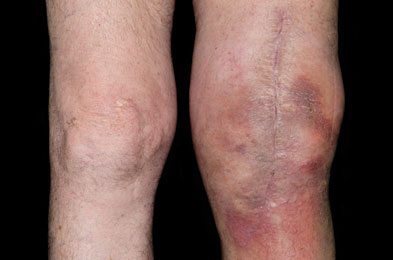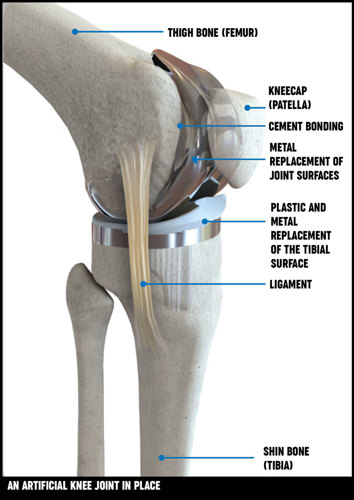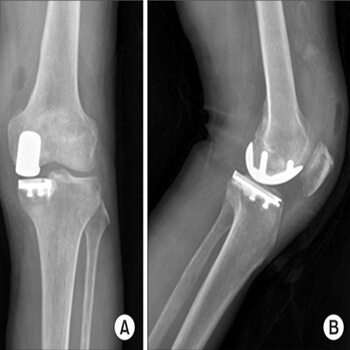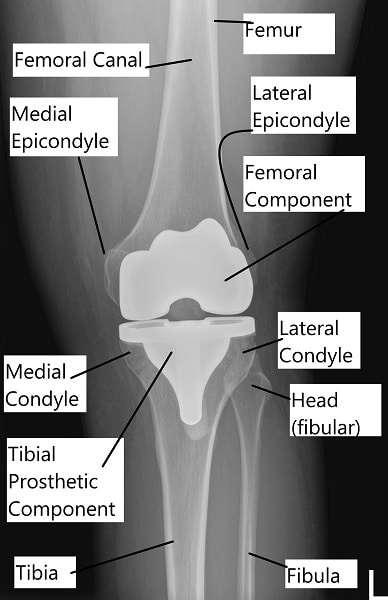Hinged Knee Replacement Complications

Over 600 000 people undergo knee replacement surgery every year in the united states.
Hinged knee replacement complications. As with primary knee replacement the 30 day mortality rate following knee revision surgery is low between 0 1 percent and 0 2 percent according to healthline s analysis of medicare and. Loosening is one of the most serious complications and pain is the most common one. Almost all serious complications require revision surgery. We prospectively analysed data of 50 patients with a minimum follow up of 5 years.
In the current study we investigated midterm results of a new rotating hinge total knee arthroplasty enduro prosthesis which uses a new bearing material cfr peek. Reconstruction with a rotating hinged total knee prosthesis provided substantial improvement in function and reduction in pain. Knee replacement complications can result from surgery or a faulty implant. Because a normal knee joint rotates a small amount the rotating knee replacements are intended to more closely replicate normal knee motion.
Rotating knee replacement implants. Severe complications such as an infection are rare. Loosening can cause bone fractures instability and serious falls. The first hinge prosthesis designed in the 1950s by judet and by walldius and shiers developed a considerable number of complications loosening infection the initial joint mechanism consisted in a fixed hinge with no rotational motion.
However a relatively large number of complications and failures including revision because of periprosthetic infection three knees aseptic loosening four and periprosthetic fracture one were. They occur in fewer than 2 percent of cases. He presented potential indications for rotating hinged or pure hinged implants in primary total knee arthroplasty tka at the current concepts in joint replacement winter meeting here. The rotating knee replacement implants not only swing back and forth like a hinge but the knee can also rotate inwards and outwards a twisting motion.
In 24 48 patients a primary implantation was performed and 26 52 were revision cases.

















